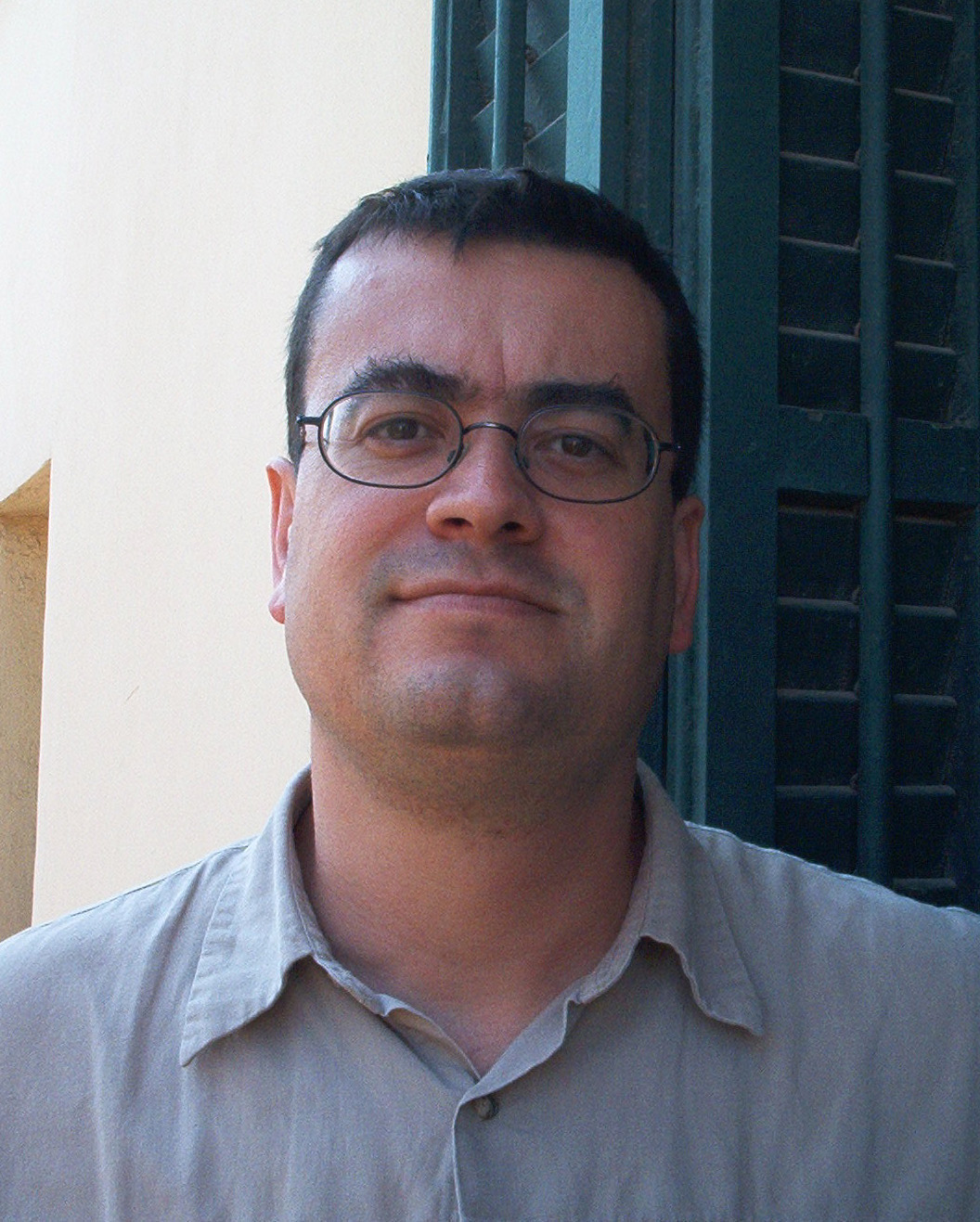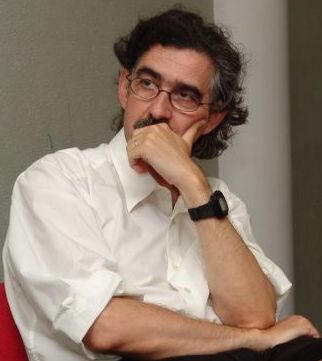|
|
  |
|
Invited Speakers |
|
|
Prof. Dr. Carles Sierra
 |
Professor,
Institute of
Research on Artificial Intelligence of the
Spanish Council for Scientific Research.
Title
of the talk:
Agents,
Information and Negotiation
Abstract: Successful negotiators prepare by
determining their position along five dimensions:
Legitimacy, Options, Goals, Independence, and
Commitment, (LOGIC). We introduce a negotiation
model based on these dimensions and on two
primitive concepts: intimacy (degree of
closeness) and balance (degree of fairness). The
intimacy is a pair of matrices that evaluate
both an agent's contribution to the relationship
and its opponent's contribution each from an
information view and from a utilitarian view
across the five LOGIC dimensions. The balance is
the difference between these matrices. A
relationship strategy maintains a target
intimacy for each relationship that an agent
would like the relationship to move towards in
future. The negotiation strategy maintains a set
of Options that are in-line with the current
intimacy level, and then tactics wrap the
Options in argumentation with the aim of
attaining a successful deal and manipulating the
successive negotiation balances towards the
target intimacy. Summary measures if trust and
reputation are also discussed.
| CV
summary
Carles
Sierra Received the M.Sc. in Computer
Science (1986) and the PhD in Computer
Science (1989) from the Technical
University of Catalonia (UPC),
Barcelona, Spain. He is Full Professor
of the Spanish National Research Council.
His current research interests include:
Formal methods, multiagent systems,
uncertainty, and robotics. He has
participated in more than twenty
research projects funded by the European
Commission and the Spanish Government,
and has published more than two hundred
papers in specialised conferences and
scientific journals. Recently, he have
been particularly active in the area of
electronic institutions. Carles Sierra
has published several papers on
modelling electronic auctions, and on
automatic negotiation models among
autonomous agents. He has actively
served the community of agents as
general chair of ‘Autonomous Agents
2000’, co-ordinator of the European
Special Interest Group on Agent-mediated
Electronic Commerce, and as PC chair of
AAMAS 2004. He is an ECCAI Fellow, and a
member of the IFAAMAS (International
Foundation of Autonomous Agents and
Multiagent Systems) and EUMAS (European
Conference on Multiagent Systems) boards.
Carles Sierra will be the local
organiser of the IJCAI-11 conference
that will take place in Barcelona. He
has received several best paper awards
in the area of agents and artificial
intelligence and he is member of four
editorial boards of journals in the area
of multiagent systems, including the
prestigious Journal of Autonomous Agents
and Multiagent Systems.
|
|
|
Prof.
Dr. Sorin Solomon
 |
Professor, Racah Institute of
Physics at the Hebrew University of Jerusalem.
Title of the
talk:
How do Micro-Economic
Simple Rules Generate Complex Macro-Economic
Behavior? An Agent Based Modelling Approach for
Connecting Empirical Facts with Theoretical
Predictions
Abstract:
For a very long while it was
customary in economics and in science in general
to formalize mathematically a collection of many
similar objects in terms of "representative
agents" or "mean field" continuous functions in
space and time representing the local average of
their individual properties. In fact, this "mean
field" / continuum / linear way of thinking is
what kept the various scientific domain apart.
Indeed, the great conceptual jumps separating
the various fields and the accompanying
paradoxes connected to the nature of life,
intelligence, trade, credit, growth, market,
society, culture, arise exactly from the failure
of the "mean field" and "average" assumptions.
When "More Is Different" (the title of the
article published 35 years ago by Nobel Laureate
Phil Anderson) the singular, extreme, very rare
events become crucial and life emerges from
chemistry, conscience from life, social
institutions /firms/markets from conscient
interacting individuals, economies from firms
etc One can think about the "elementary" objects
belonging to the "simpler" level (say firms in
microeconomics) as the nodes of a network and
about the "elementary" interactions between them
as the links of the network. The dynamics of the
entire system (say macroeconomics) is then
emerging from the interactions of the individual
links and nodes. The global features of the
resulting network correspond to the collective
properties of the emerging system: (quasi-)disconnected
network components correspond to (almost-)independent
emergent economic branches; scaling properties
of the network correspond to power laws in the
firms distribution, long-lived (meta-stable)
network features correspond to critical slowing
down activity. The knowledge of the collective
emerging features of the network allows one to
devise methods to expedite by orders of
magnitude desired processes (or to delay or stop
un-wanted ones). I will describe the application
of this approach to a few specific economic
systems and confront the results to empirical
data.
| CV
summary
Professor,
Racah Institute of Physics at the Hebrew
University of Jerusalem. Head of the
Multi-Agent Systems Unit at the
Institute for Scientific Interchange
Torino. Chair of the EU Commission
Expert Group on Applications of
Complexity in Science. Chair the first
and the 5th European Conferences of
Complexity Science. Scientific
Coordinator of "General Integration of
the Applications of Complexity in
Science" (*GIACS*); "Common Complex
Collective Phenomena in Statistical
Mechanics, Society, Economics, and
Biology" (CO3); "Dynamic Analysis of
Physiological Networks" (*DAPHNet*).
Awards: Levinson , St Francis Xavier ,
Bantrell (Caltech), J.F. Kennedy,
Weizmann, Keren Kayemet. Books: "Microscopic
Simulation of Financial Markets, From
Investor Behavior to Market Phenomena"
Academic Press, NY 2000; "Anatomy of
Successful Products", Edison: TA 1999, "Cracking
the Ad Code"– Cambridge U P, 2009.
Committees: Center for Complexity
Science, ComPlexUs, Int. J. Mod. Phys.C,
J. Stat. Mech., "New Economic Windows"
Series, Springer- Verlag. |
|
|
|
|